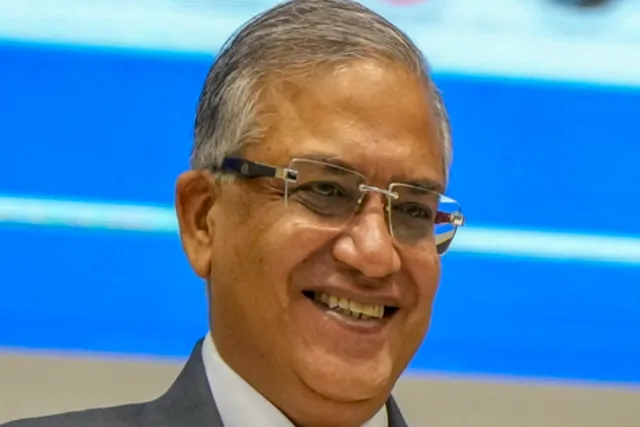In a significant late-night development, Gyanesh Kumar, a 1988-batch Kerala cadre IAS officer, was appointed as India’s next Chief Election Commissioner (CEC) by President Droupadi Murmu on Monday. Kumar, who previously served as the secretary of the ministry of cooperation, was elevated to the top post after a Prime Minister Narendra Modi-led selection committee proposed his name earlier in the day.
First CEC Appointed Under New Law
Kumar is the first Chief Election Commissioner appointed under the new law—Chief Election Commissioner and Other Election Commissioners (Appointment, Conditions of Service and Term of Office) Act, 2023. His tenure will begin on February 19, 2025, succeeding Rajiv Kumar.
DON'T MISS
Why is the Opposition Protesting?
The appointment was not without controversy as Leader of the Opposition Rahul Gandhi, who was a part of the selection panel, strongly objected to the timing of the meeting. His dissent came amid an ongoing Supreme Court case related to the constitution of the selection panel, which is set to be heard on Wednesday.
Rahul Gandhi submitted a dissent note, arguing that the process should have waited until the Supreme Court\’s verdict. He questioned the urgency of the appointment and claimed that the government was trying to push its choice without a transparent process.
Who Else Was Appointed?
Alongside Kumar’s elevation as CEC, the government also appointed Vivek Joshi, a 1989-batch bureaucrat and former DoPT secretary, as an Election Commissioner.
Selection Panel Meeting Sparks Debate
The selection panel meeting was held at the Prime Minister’s Office (PMO) and was attended by:
Prime Minister Narendra Modi (Chair)
Union Home Minister Amit Shah
Leader of the Opposition Rahul Gandhi
Rahul Gandhi opposed the meeting’s timing, stating that since the Supreme Court is set to hear a challenge on the law governing the selection process, it would be inappropriate to make an appointment before the verdict.
Government’s Justification
Despite the objections, the Union Law Ministry issued a gazette notification, formalizing the appointment. The government defended its decision, stating that the appointment process was carried out as per the law passed in 2023, which replaced the earlier collegium system with a panel comprising the PM, a Union Minister, and the Leader of the Opposition.
Political Battle Ahead?
With the Lok Sabha elections nearing, the appointment of the CEC has become a political flashpoint. The opposition sees it as an attempt by the government to control the Election Commission, while the ruling party maintains that it is following due process. The Supreme Court\’s upcoming hearing will likely decide whether this appointment stands uncontested or faces legal hurdles.
